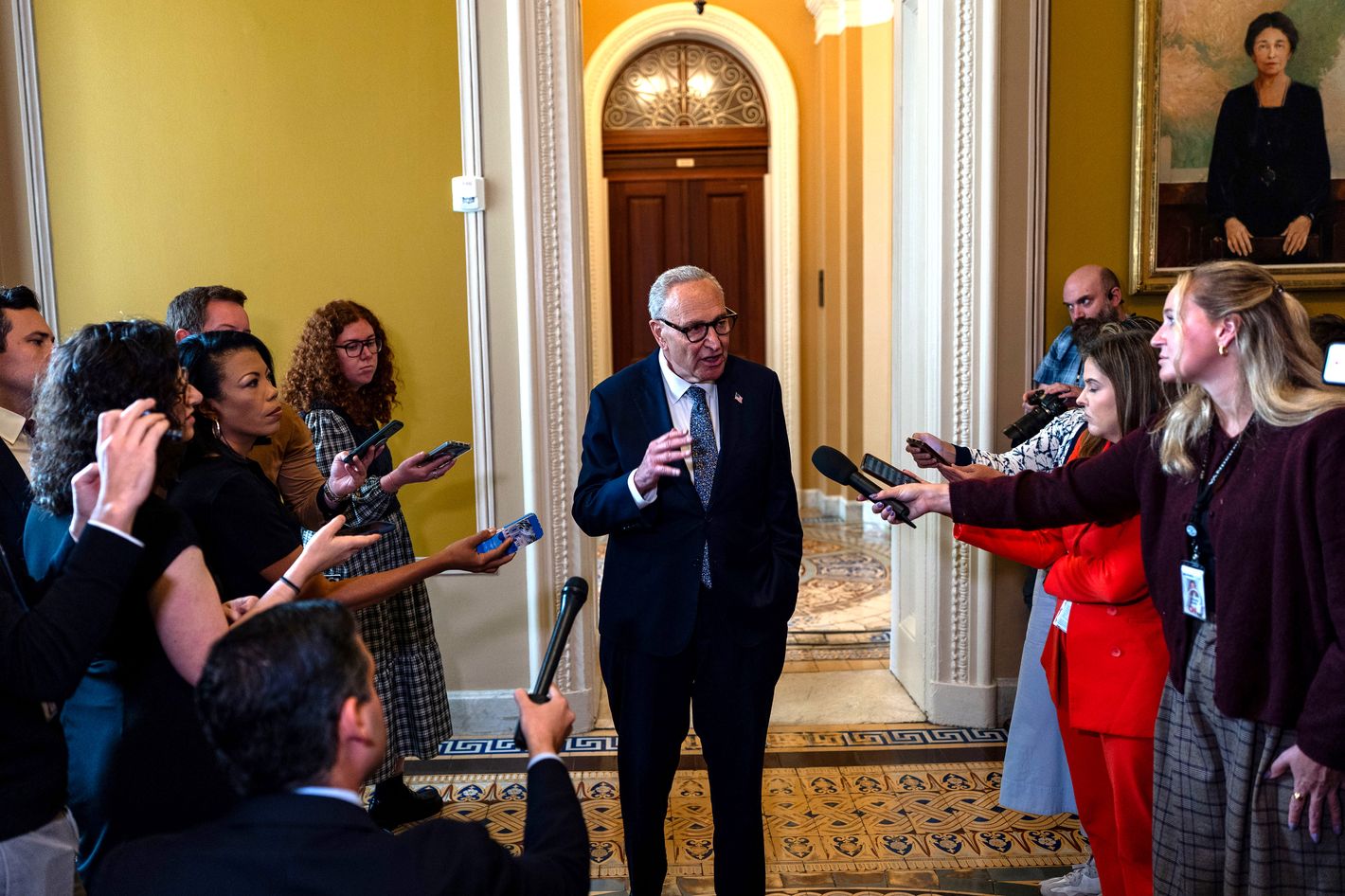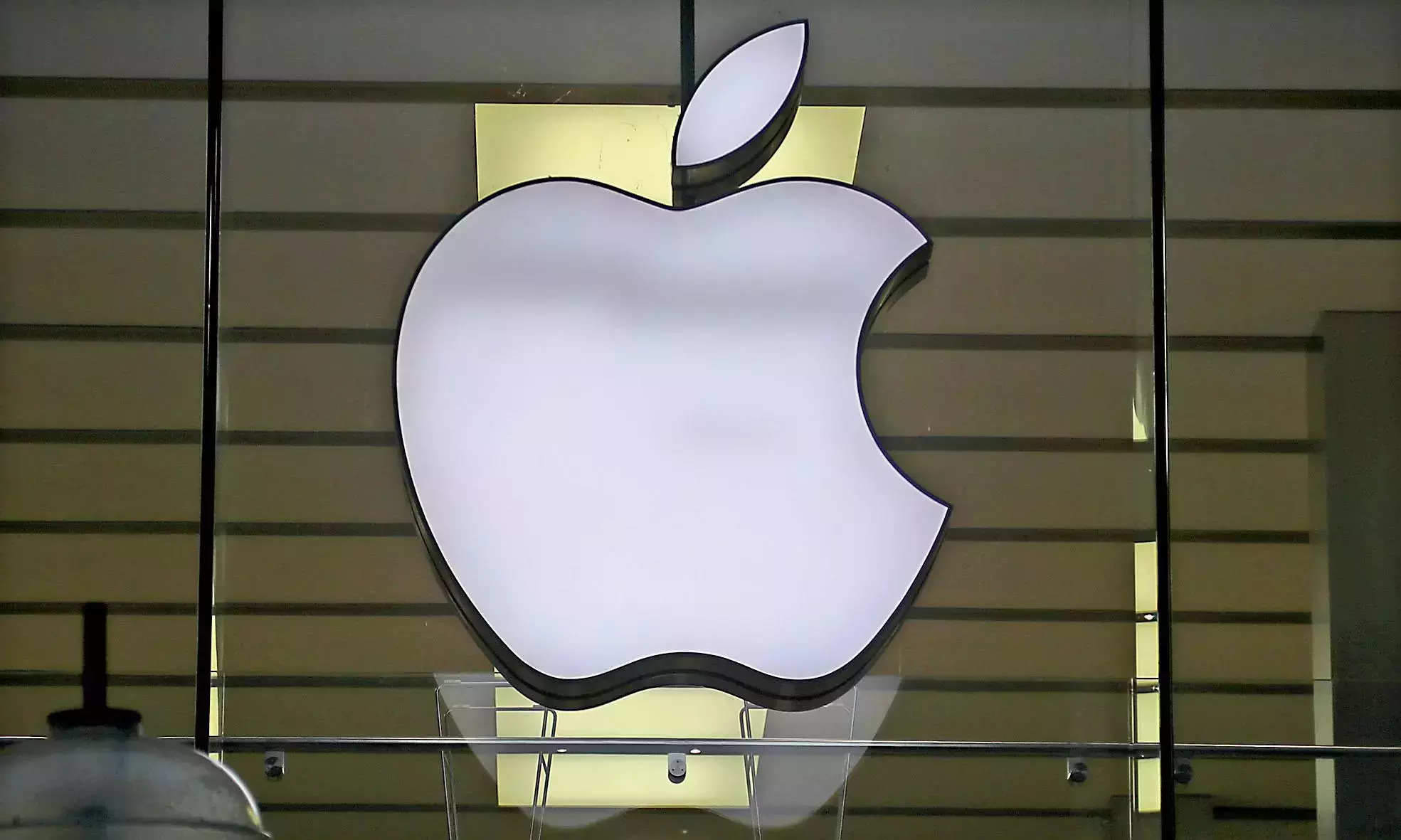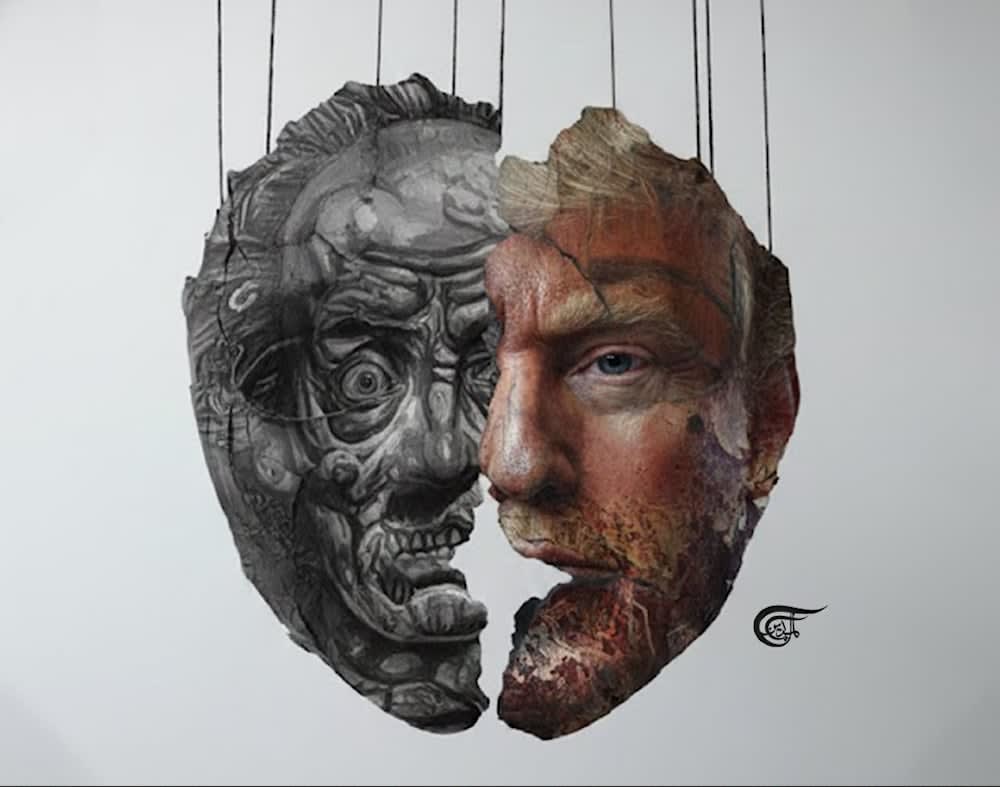Democrats face a critical juncture as they contemplate the implications of a potential government shutdown. While some party members see a shutdown as an opportunity to shift blame onto Donald Trump and the GOP, the reality is more complex. A shutdown could backfire, especially with figures like Russell Vought, Trump's former OMB director, poised to enact severe cuts to federal agencies. This scenario raises significant concerns about the long-term viability of such a strategy, as it risks alienating voters who may suffer from the consequences of a crippled government. The challenge lies in balancing immediate political gains with the need for a coherent, forward-looking vision that resonates with the electorate, particularly as economic pressures mount and public sentiment shifts.
The key takeaway for Democrats is the necessity of developing a compelling narrative that transcends short-term tactics like a government shutdown. While some leaders, such as Ro Khanna and Gavin Newsom, are beginning to articulate progressive visions that could unify voters, the party as a whole lacks a clear and digestible message. Without a robust alternative to the Trump agenda, Democrats risk being perceived as reactive rather than proactive. The urgency for a cohesive strategy is underscored by the shifting political landscape, where voters are increasingly disillusioned. To capitalize on their current advantages, Democrats must pivot from mere opposition to presenting innovative ideas that inspire confidence and hope for the future, thereby solidifying their relevance in the upcoming electoral cycles.








